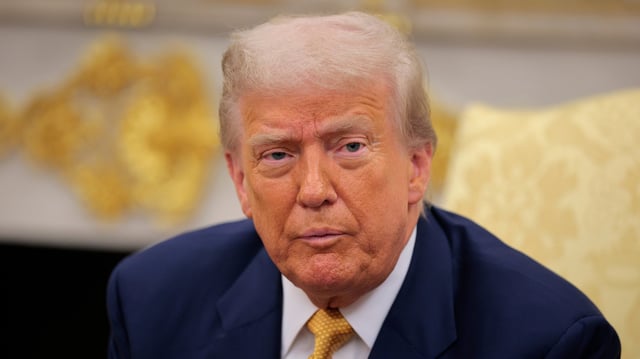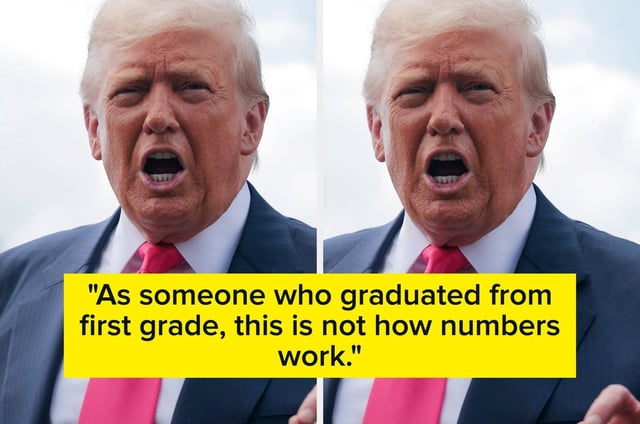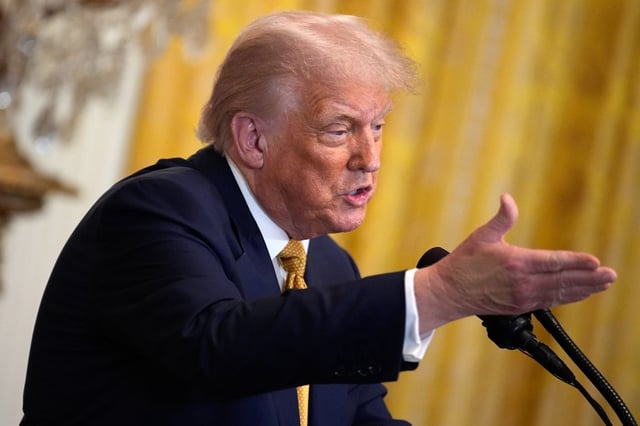Overview
- Trump claimed at a July 23 reception that he would cut prescription drug costs by up to 1,400%, a figure experts say would require pharmaceutical companies to pay patients to use their products.
- He proposed leveraging trade measures, including a 200% tariff on pharmaceuticals and bans on European auto imports, to coerce foreign governments and drug makers into raising prices abroad or cutting U.S. costs.
- Executive orders issued in April and May aimed at enforcing most-favored-nation pricing and revamping Medicare negotiation remain in the rule-drafting stage and face anticipated legal challenges.
- Commentators and social media users ridiculed the plan’s arithmetic, pointing out that reducing prices beyond 100% would push costs into negative territory.
- Meanwhile, Republican legislation expanding exemptions from Medicare’s price negotiation program is projected by the Congressional Budget Office to save drug companies nearly $5 billion over the next decade.


